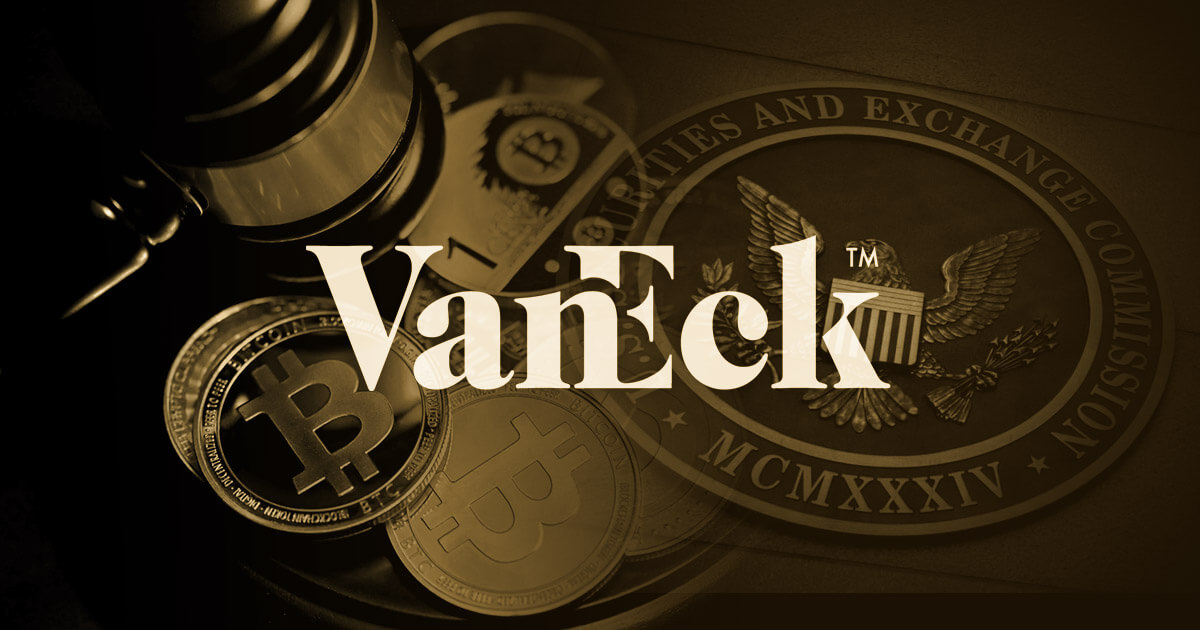Nigeria poised to outlaw P2P crypto trading over national security concerns


Nigeria’s National Security Adviser (NSA) has labeled crypto trading as a national security threat, signaling an impending crackdown on peer-to-peer (P2P) crypto transactions, according to local media reports and CryptoSlate sources.
The move follows the decision of at least three major Nigerian fintech startups — Moniepoint, Paga, and Palmpay — to block accounts involved in crypto dealings and report such activities to law enforcement.
According to Moniepoint CEO Tosin Eniolorunda, the NSA’s classification is expected to pave the way for new regulations banning P2P crypto trading, with an official announcement anticipated soon.
This represents a notable shift in regulatory stance, particularly after the Bola Tinubu administration had previously shown a more lenient attitude toward crypto. In fact, in December 2023, the Central Bank of Nigeria lifted a two-year ban on crypto transactions, hinting at a more welcoming regulatory environment.
However, recent months have seen a reversal in this trend, with authorities blaming crypto speculators for exacerbating the volatility of the foreign exchange (FX) market. The proposed ban on P2P trading is based on the Central Bank’s assertion that crypto traders exploit this method to manipulate the Nigerian naira through pump-and-dump schemes.
Central Bank Governor Olayemi Cardoso alleged in February 2024 that Binance had facilitated $26 billion in untraceable transactions, leading to a crackdown on the exchange and the freezing of over 1,000 bank accounts linked to P2P transactions.
In a related development, four prominent fintech firms were recently directed to halt the opening of new customer accounts, though the source of this directive remains unclear.
Moniepoint’s CEO, Tosin Eniolorunda, confirmed that the move was at the behest of the NSA, who expressed concerns over the ease with which fintech platforms facilitate account openings, particularly Tier 3 accounts.
While a spokesperson for the NSA declined to provide further details, this development highlights the increasing scrutiny over the rapid proliferation of accounts facilitated by fintech startups. Traditional banks have long raised concerns that such accounts serve as conduits for illicit funds.
Responding to these concerns, the Central Bank amended its rules in December 2023, mandating fintech startups to verify the identities of all account holders by March 2024.
As Nigeria braces for further regulatory measures in the crypto space, the fate of P2P trading remains uncertain amid mounting national security concerns and evolving regulatory landscapes.
The post Nigeria poised to outlaw P2P crypto trading over national security concerns appeared first on CryptoSlate.
Nigeria poised to outlaw P2P crypto trading over national security concerns


Nigeria’s National Security Adviser (NSA) has labeled crypto trading as a national security threat, signaling an impending crackdown on peer-to-peer (P2P) crypto transactions, according to local media reports and CryptoSlate sources.
The move follows the decision of at least three major Nigerian fintech startups — Moniepoint, Paga, and Palmpay — to block accounts involved in crypto dealings and report such activities to law enforcement.
According to Moniepoint CEO Tosin Eniolorunda, the NSA’s classification is expected to pave the way for new regulations banning P2P crypto trading, with an official announcement anticipated soon.
This represents a notable shift in regulatory stance, particularly after the Bola Tinubu administration had previously shown a more lenient attitude toward crypto. In fact, in December 2023, the Central Bank of Nigeria lifted a two-year ban on crypto transactions, hinting at a more welcoming regulatory environment.
However, recent months have seen a reversal in this trend, with authorities blaming crypto speculators for exacerbating the volatility of the foreign exchange (FX) market. The proposed ban on P2P trading is based on the Central Bank’s assertion that crypto traders exploit this method to manipulate the Nigerian naira through pump-and-dump schemes.
Central Bank Governor Olayemi Cardoso alleged in February 2024 that Binance had facilitated $26 billion in untraceable transactions, leading to a crackdown on the exchange and the freezing of over 1,000 bank accounts linked to P2P transactions.
In a related development, four prominent fintech firms were recently directed to halt the opening of new customer accounts, though the source of this directive remains unclear.
Moniepoint’s CEO, Tosin Eniolorunda, confirmed that the move was at the behest of the NSA, who expressed concerns over the ease with which fintech platforms facilitate account openings, particularly Tier 3 accounts.
While a spokesperson for the NSA declined to provide further details, this development highlights the increasing scrutiny over the rapid proliferation of accounts facilitated by fintech startups. Traditional banks have long raised concerns that such accounts serve as conduits for illicit funds.
Responding to these concerns, the Central Bank amended its rules in December 2023, mandating fintech startups to verify the identities of all account holders by March 2024.
As Nigeria braces for further regulatory measures in the crypto space, the fate of P2P trading remains uncertain amid mounting national security concerns and evolving regulatory landscapes.
The post Nigeria poised to outlaw P2P crypto trading over national security concerns appeared first on CryptoSlate.

